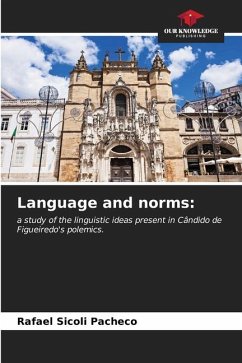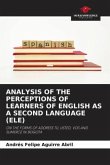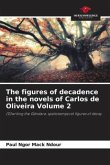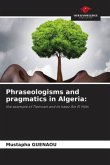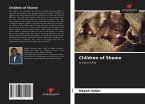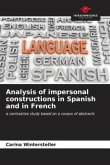In this dissertation, we analyze Cândido de Figueiredo's linguistic thinking, which was often rigorous and normative in its descriptive approach to different grammatical phenomena. The first, between Cândido de Figueiredo and Paulino de Brito, deals with the placement of clitic pronouns, from a comparative perspective between Brazilian Portuguese and European Portuguese; the second, between Cândido de Figueiredo and Heráclito Graça, covers issues of morphology and syntax, again within a normative framework, which points to certain innovative uses in the literary writing of Brazilian authors as errors. Our aim is to examine Cândido de Figueiredo's speeches and place them in the historical, social and cultural context of his time, so as to enable a more accurate assessment of his conservative ideas.
Bitte wählen Sie Ihr Anliegen aus.
Rechnungen
Retourenschein anfordern
Bestellstatus
Storno

